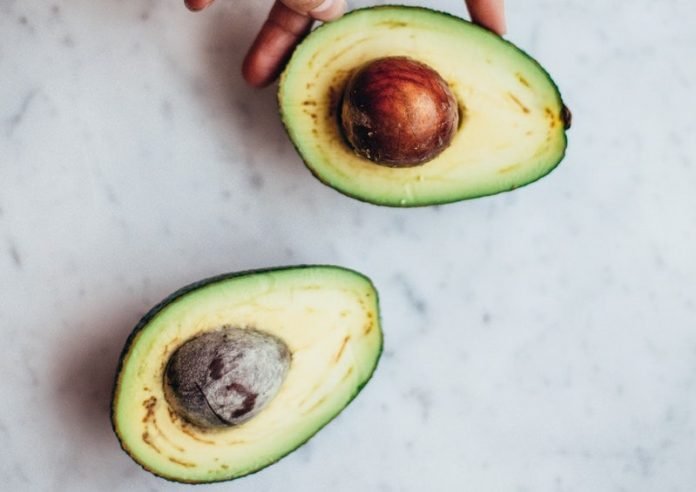
In a new study from the University of Wollongong, researchers found a link between avocado consumption and lower body weight and a smaller waist circumference.
They found that both lower body weight and a lower waist circumference have been positively associated with increased avocado intake.
They also found that greater consumption of avocados was also linked to much lower consumption of discretionary (junk) foods.
Although technically a fruit, nutritionally, avocados are considered a source of fat. Their health-promoting qualities are primarily due to the high levels of unsaturated fats.
These fats help to lower undesirable LDL cholesterol when eaten in place of saturated fat.
So not only do avocados help promote weight loss, but they also significantly improve cardiovascular health, possibly contributing to longer lives.
Avocados are also low in carbs but high in fiber, so they keep people satiated longer than any other vegetable or fruit.
About half an avocado contains around 160 calories and plenty of folate, vitamin K, vitamin C, potassium and vitamin E, which can help to reduce blood pressure, maintain healthy skin and eyes and boost immunity.
Interestingly, most of the fat in avocados is naturally good fat, with 5 grams of monounsaturated fat per serving (one-third of a medium avocado).
When eaten alongside other foods, avocados act as a nutrient booster and help the body absorb the fat-soluble nutrients found in those foods.
The team says the low levels of avocado consumption could be attributed to the fact that avocado has fallen into a more expensive category of food items, particularly in the fruit and veg market.
The study is published in the British Journal of Nutrition. One author of the study is Associate Professor Yasmine Probst.
Copyright © 2021 Knowridge Science Report. All rights reserved.



